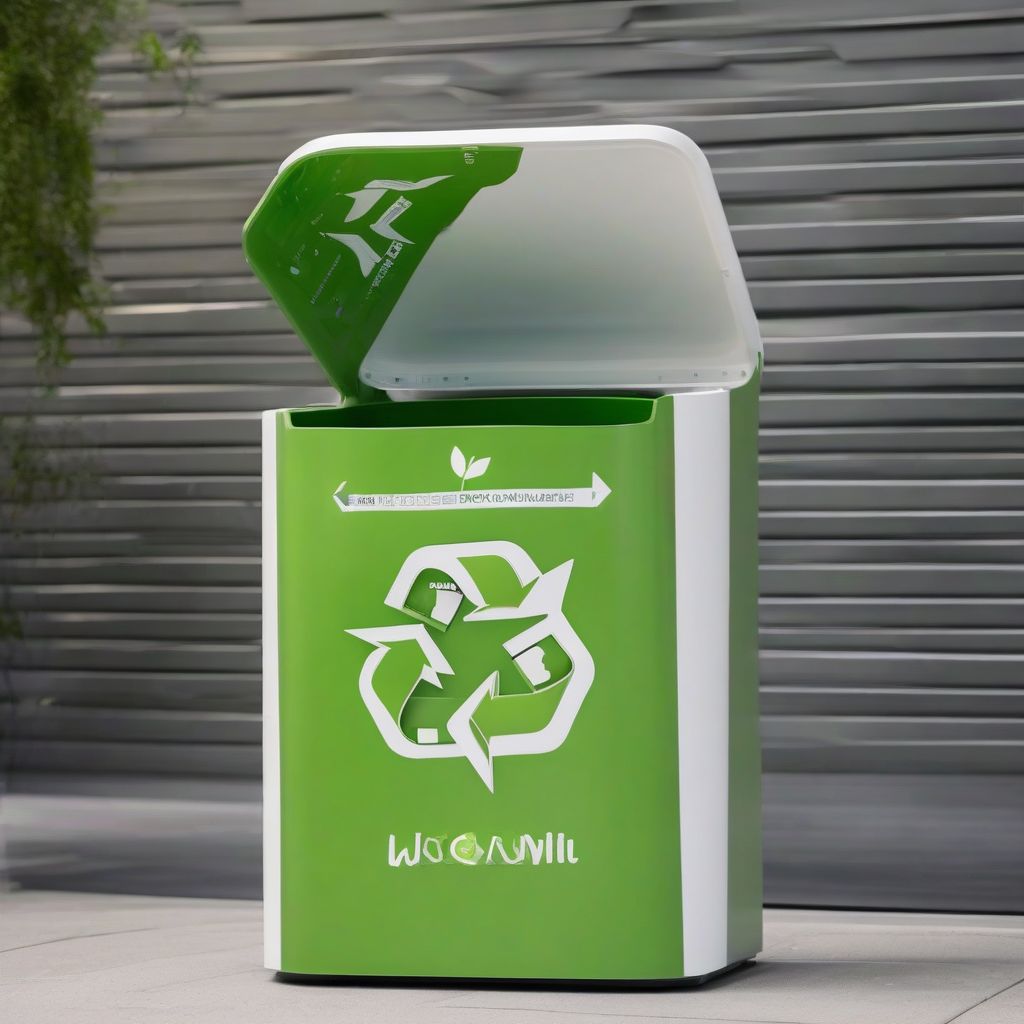Imagine this: you’re enjoying a delicious, healthy meal prepped in eco-friendly, biodegradable containers. You feel good about your food choices and minimizing your environmental impact. But what happens after the meal is over? Proper recycling and disposal of biodegradable products is where the story truly ends, and it’s just as important as choosing them in the first place. Let’s dive into why this matters and how to do it right.
Understanding Biodegradable Products and Their Breakdown
“Biodegradable” is a buzzword these days, but what does it actually mean? Simply put, biodegradable products are made from materials that microorganisms can break down into natural substances like compost. This is in stark contrast to conventional plastics, which can linger in landfills for centuries.
The Benefits of Biodegradable Products
- Reduced Plastic Pollution: Biodegradables offer a fantastic alternative to traditional plastics, which are choking our landfills and oceans.
- Lower Carbon Footprint: Often, biodegradable products are made from renewable resources, contributing to a smaller environmental footprint.
- Composting Potential: Many biodegradable items can be composted, returning valuable nutrients to the earth.
The Importance of Proper Disposal
Here’s the catch – just because something is biodegradable doesn’t mean you can toss it anywhere and expect magic to happen.
Biodegradables Don’t Belong in Landfills
Landfills are designed to bury trash, not break it down. Without oxygen and light, biodegradable products might not decompose properly and can release harmful greenhouse gases like methane.
Recycling: Not Always Straightforward
Recycling biodegradable products can be tricky. Some facilities might not accept them due to different processing methods. Always check with your local recycling program for guidelines.
The Right Way to Handle Biodegradables
1. Composting: The Gold Standard
Composting is the ideal way to dispose of many biodegradable products. Home composting or municipal composting programs provide the right conditions for proper decomposition.
2. Check for Industrial Compostability
Some products are designed for industrial composting facilities that handle higher temperatures and larger volumes. Look for labels and certifications.
3. Follow Local Guidelines
Recycling and disposal regulations vary widely. Your city or town will have specific instructions on handling biodegradable products.
 Biodegradable Products Recycling Bin
Biodegradable Products Recycling Bin
The Impact of Our Choices
As consumers, we hold immense power in shaping a more sustainable future. Our decisions about the products we buy and how we dispose of them have far-reaching consequences.
Embracing a Culture of Responsibility
Choosing biodegradable products is an excellent step, but it’s only one piece of the puzzle. Let’s extend that commitment to responsible disposal, ensuring we close the loop on their lifecycle.
Making a Difference, One Choice at a Time
Together, we can make a real difference. By supporting biodegradable products and disposing of them correctly, we contribute to:
- Cleaner Landfills: Reducing the volume of waste that ends up in landfills.
- Healthier Oceans: Protecting marine life from the harmful effects of plastic pollution.
- A Sustainable Future: Conserving resources and combating climate change for generations to come.
Let’s Talk Sustainability!
I’m eager to hear your thoughts! What are your biggest challenges with biodegradable products? Share your comments below and let’s create a supportive community dedicated to making eco-friendly choices.
[amazon bestseller=”biodegradable food containers”]
